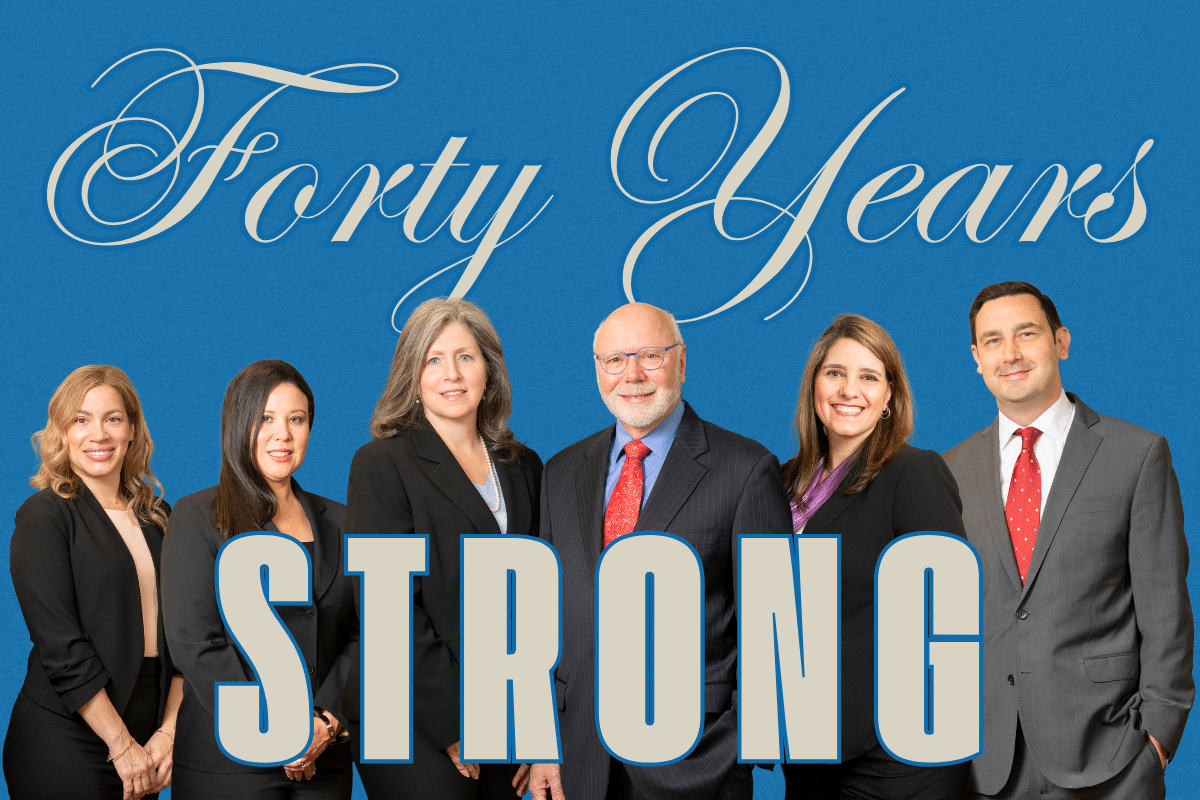On October 1st, 2025, Russo Law Group will mark a significant milestone: 40 years of…
Do I owe taxes on my inheritance? As qualified NY estate planning attorneys, this is a common inquiry from our clients. The short and sweet answer is that inheritances are not generally considered income for federal tax purposes. With that said, there are some exceptions to this general rule.
Qualified Retirement Assets
If you inherited qualified retirement funds, then the distributions you take from those funds will be reportable as income on your individual income tax returns for the year you receive those distributions.
Income Generated on Inherited Assets
If the inherited assets pass through an estate or trust and generate income from the date of death to the date you receive the distributions, the estate fiduciary or trustee will report the income and deductions on fiduciary income tax returns (IRS Form 1041 and NYS IT-205). If distributions were made from the trust or estate to you as a beneficiary, then the net income or capital gains will be passed through to you as a beneficiary on a Schedule K-1. You will need to report the income and/or gains from Schedule K-1 on your individual income tax returns for the year in which you received the distribution.
Estate Tax Liability Apportionment
If you inherited assets from an individual who has a taxable estate at the federal and/or state level, then an estate tax liability may be owed. Depending on the terms of the estate planning documents, the estate tax liability may be apportioned to the beneficiaries of the assets, and your share of the inheritance may be subject to the estate tax liability.
This does not necessarily mean that you will need to report anything on your individual income tax returns. But the funds you inherit will be reported on the Estate Tax returns (IRS Form 706 for federal estate taxes and ET-706 for New York State estate taxes) by the fiduciary of the gross taxable estate. You may have to pay a portion of the estate tax liability.
Every inheritance is different, so the common question of whether you owe taxes on your inheritance can be complicated. There are many opportunities to strategically leave assets to your loved ones to help them avoid tax liabilities. It is important to speak with a qualified NY estate planning attorney who can help you establish an estate plan that works for you and your family. Together we can help you address any tax implications you may be faced with as a beneficiary of an inheritance.
When reviewing an estate plan, the knowledgeable and compassionate team at Russo Law Group, P.C. take a comprehensive look at the estate or trust to minimize potential problems or avoid them altogether. Visit our website for more information and take advantage of our free seminars and webinars. Please contact our law firm to speak with one of our experienced elder law and estate planning attorneys today at 1 (800) 680-1717.




Comments (0)